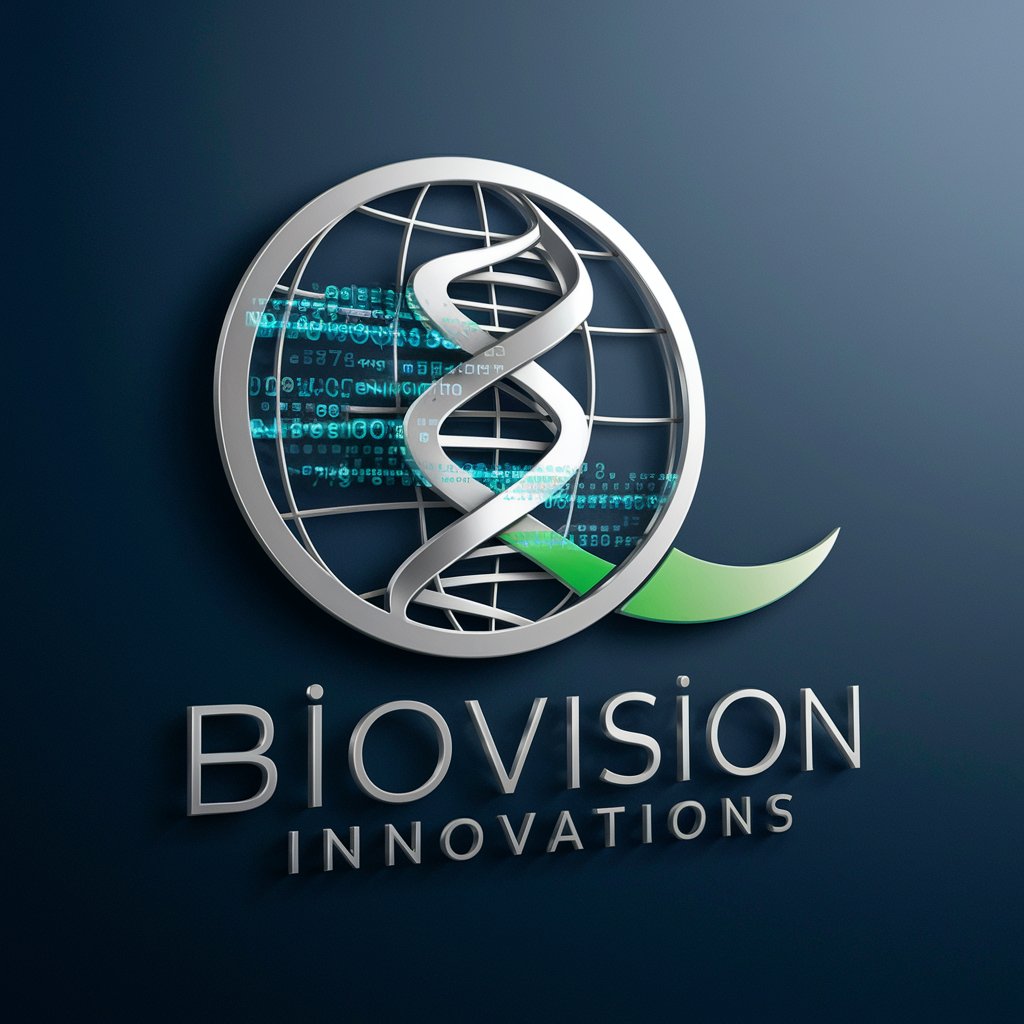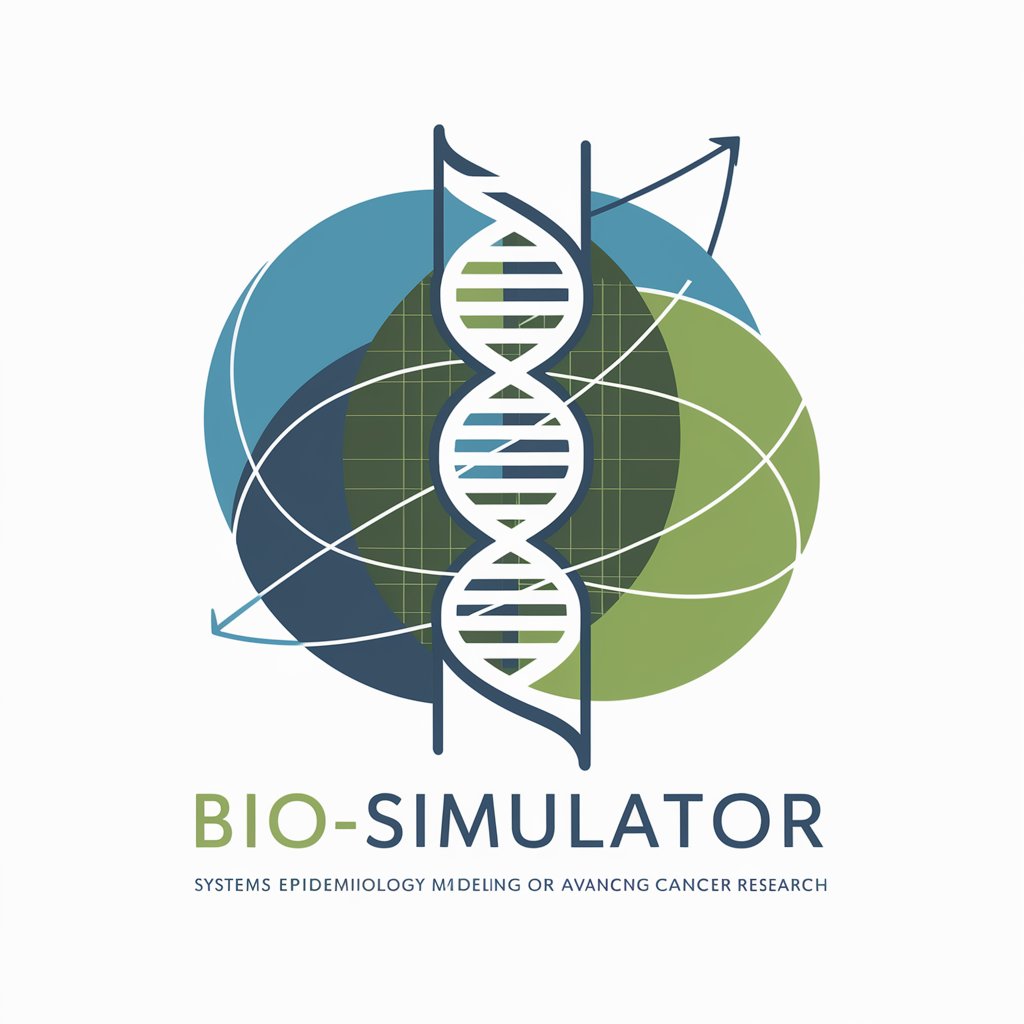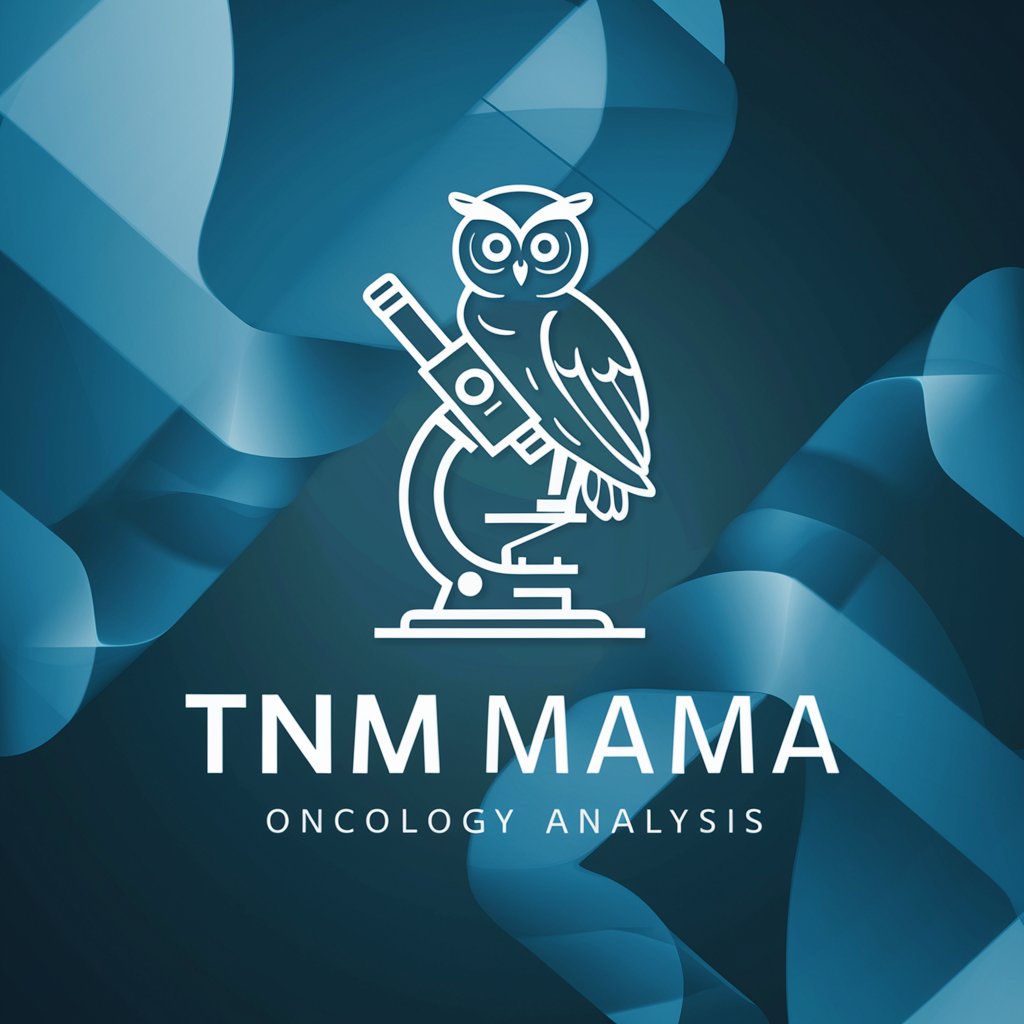6 GPTs for Cancer Research Powered by AI for Free of 2026
AI GPTs for Cancer Research are advanced artificial intelligence tools, specifically designed to tackle the complexities of cancer research. These Generative Pre-trained Transformers (GPTs) are equipped with the capability to understand, generate, and process natural language, making them particularly suited for tasks that require in-depth analysis of medical literature, patient data, and research papers. By leveraging the vast amounts of data available in the field of oncology, AI GPTs provide tailored solutions that support researchers, clinicians, and pharmaceutical companies in their quest to understand, diagnose, and treat cancer more effectively.
Top 6 GPTs for Cancer Research are: BIO, vAlpha,Hereditary Colorectal Cancer Guide,Radiation AOP,Travera,BioSimulator,TNM Mama
BIO, vAlpha
Revolutionizing cancer care with AI

Hereditary Colorectal Cancer Guide
Empowering Knowledge in Hereditary Colorectal Cancer

Radiation AOP
Unveiling Radiation's Biological Pathways

Travera
Empowering Cancer Care with AI

BioSimulator
Revolutionizing cancer research with AI-driven insights.

TNM Mama
Decoding cancer data with AI precision

Essential Attributes of Cancer Research AI
AI GPTs for Cancer Research stand out due to their adaptability across a range of functions, from synthesizing medical research findings to offering insights on complex datasets. Unique features include advanced language understanding for interpreting scientific papers, technical support for analyzing genetic information, web searching capabilities for the latest cancer research, image creation for visualizing data patterns, and robust data analysis tools. These features enable the AI to provide nuanced insights into cancer research, facilitating the development of new treatments and therapies.
Who Benefits from Cancer Research AI Tools
The primary users of AI GPTs for Cancer Research include medical researchers, oncologists, data scientists, and pharmaceutical companies. These tools are designed to be accessible to novices without programming skills, offering intuitive interfaces and guided support. Simultaneously, they offer customization options and advanced functionalities for users with coding expertise, making them versatile tools for professionals aiming to push the boundaries of cancer research.
Try Our other AI GPTs tools for Free
Radiobiology
Discover how AI GPTs for Radiobiology are revolutionizing the field with tailored solutions for research, education, and application. Explore their unique capabilities today.
Strategic Exploration
Explore how AI GPTs for Strategic Exploration empower decision-making with tailored insights, advanced analytics, and user-friendly tools.
Role Adaptability
Discover how AI GPTs for Role Adaptability are revolutionizing the way we interact with technology, offering flexible, tailored solutions for a diverse range of tasks and industries.
Local Dialect
Discover the power of AI GPTs for Local Dialect: specialized tools designed to navigate the complexities of local languages, ensuring technology is accessible and relevant across linguistic divides.
Football History
Explore the rich history of football with AI GPTs: your digital gateway to legendary matches, iconic players, and the sport's evolution. Tailored for enthusiasts and professionals alike.
Cinematography Review
Discover how AI GPTs revolutionize cinematography review with in-depth analysis, adaptable features for novices and professionals, and integration capabilities.
Further Exploration of AI in Oncology
AI GPTs for Cancer Research are at the forefront of technological innovation in oncology, offering custom solutions across different research and clinical settings. Their user-friendly interfaces and integration capabilities make them highly adaptable, enhancing existing workflows and enabling the development of new methodologies for cancer treatment and research.
Frequently Asked Questions
What are AI GPTs for Cancer Research?
AI GPTs for Cancer Research are specialized AI tools designed to analyze, interpret, and generate insights specifically for cancer research, leveraging large datasets and scientific literature.
How do these AI tools support cancer research?
They support cancer research by providing in-depth analysis of medical texts, data pattern recognition, and generating new hypotheses, thereby accelerating the pace of research and discovery in oncology.
Can non-experts use these AI tools effectively?
Yes, these tools are designed with user-friendly interfaces that enable non-experts to leverage AI capabilities for cancer research without needing advanced programming skills.
How do AI GPTs for Cancer Research handle data privacy?
These AI tools are built with stringent data privacy and security measures to protect sensitive patient information and comply with healthcare regulations.
Can these tools integrate with existing research databases?
Yes, many AI GPTs for Cancer Research are designed to seamlessly integrate with existing research databases and platforms, enhancing their utility in the research process.
Do AI GPTs for Cancer Research require internet access?
While some functionalities, such as web searching for the latest studies, require internet access, others can be used offline, depending on the specific tool and its features.
Can these AI tools predict cancer treatment outcomes?
AI GPTs can analyze historical data and research to provide insights into potential treatment outcomes, though actual predictions should always be validated by clinical research.
How often are AI GPTs for Cancer Research updated?
These tools are regularly updated to incorporate the latest research findings, data sets, and technological advancements in AI and machine learning.